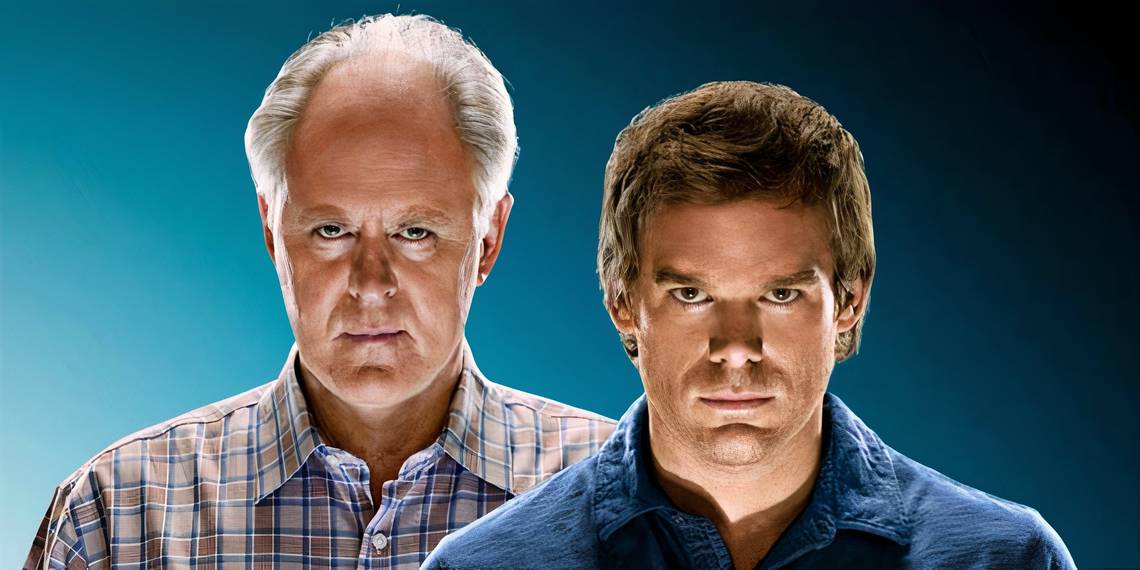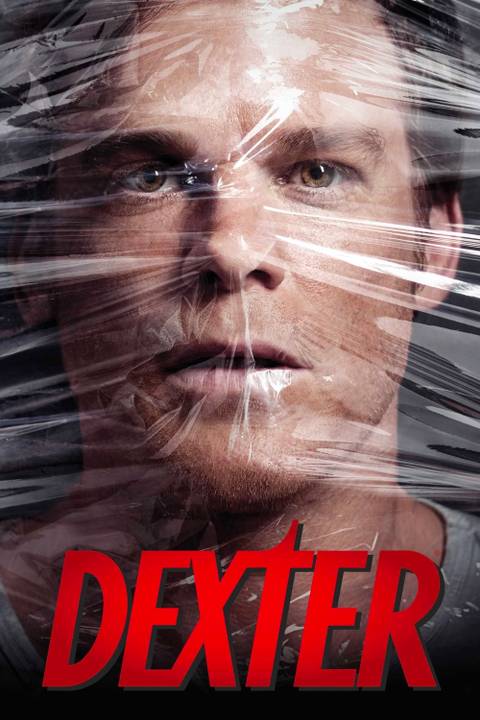Few shows made audiences root for a serial killer like Dexter.
In its earlier seasons, Dexter Morgan, played by Michael C. Hall, managed to flip morality in the public eye and make people root for the "bad guy." Michael C. Hall’s performance as Dexter Morgan carried the series, making a serial killer feel eerily relatable while maintaining an unsettling sense of detachment.
Of all eight seasons the show put on, critics acclaim season 4 as being the most stand-out one of all, with John Lithgow’s Trinity Killer delivering one of television’s most chilling antagonists.
Lithgow's performance was powerful and clearly distinguished his character from Hall's. Lithgow's character conveyed the more sinister aspects of a killer including the absence of his family, the gruesome nature of his kills, and the false demeanor that he maintained to hide his true identity. This made for an intriguing and well-balanced season and resulted in a lot of growth and change for Dexter, even resulting in the death of his wife at the end of the season.
 |
| John Lithgow (left), and Michael C. Hall co-star in Dexter Season 4. |
However, as the seasons progressed, Dexter struggled to maintain its early brilliance, with later storylines feeling increasingly convoluted and detached from what made the show compelling in the first place.
One of the most bizarre storylines of the entire show occurred in season 6 when Debra Morgan, played by Jennifer Carpenter, realized her love for Dexter went beyond a sisterly attachment. Debra’s sudden and unsettling realization that she was in love with Dexter was a plot twist that felt forced, out of character, and ultimately added little to the show beyond unnecessary sensationalism.
Another moment in the show where the plot seemed to veer from its original well-structured path was when we were introduced to Dr. Evelyn Vogal in season 8. Vogel was introduced as a neuropsychiatrist who claimed to have helped Harry Morgan, Dexter's adoptive father, create Dexter’s "code." Instead of adding depth to the plot, her storyline felt like a last-minute rewrite that weakened Harry’s role and made Dexter’s origins feel less authentic.
Journalist and critic, Nick Harley, gave his opinions on Den of Geek noting that while Charlotte Rampling's portrayal of Dr. Vogel initially seemed promising, her character's introduction 'twisted so much of the well-worn character mythology' surrounding Dexter's upbringing and the Code of Harry, making the addition feel forced and disruptive to the already established narrative.
Another point of the show that left fans disappointed was the finale as it failed to deliver the satisfying conclusion that such a layered character deserved. In the finale, Dexter's next moves are unclear as he ends up in an unknown location where he'll live out the rest of his life. Fans, including myself, also seemed to have been disappointed with Dexter's failed love story as his son ended up being left in the possession of Hannah McKay, Dexter's love interest and fellow serial killer.
In all, Dexter had its perks and there was a mix of brilliance and confusion in the writing of the show. Although I would recommend this show to anyone interested, I would just prepare yourself for the disappointment you will most likely feel at the tail end of the show.





